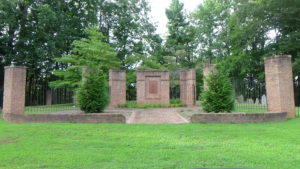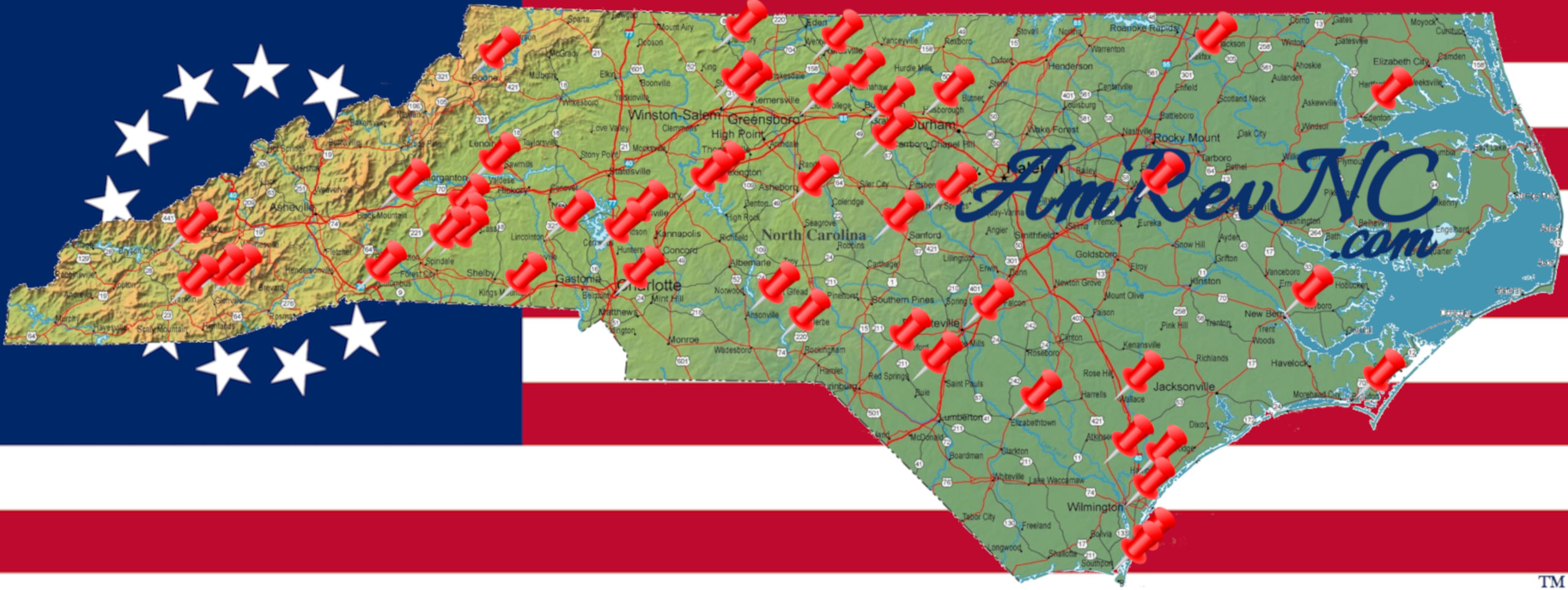Burke County Militia Leader
Biography

Like his brother Charles, Joseph McDowell was born in Virginia and moved with the family to Quaker Meadows in today’s Morganton. He served in the Burke County Militia Regiment commanded by Charles. Joseph was thus in the 1776 Cherokee Campaign and in the Battle of Cane Creek against the Loyalist army of Patrick Ferguson. He and Charles helped hatch the idea for the Overmountain Campaign against Ferguson. Because Charles was elsewhere, Joseph likely commanded their regiment at the Battle of King’s Mountain (S.C.) as a major.[1] He was wounded at the Battle of Cowpens (S.C.). But he likely fought in the subsequent resistance to the 1781 British campaign in North Carolina, though not at Guilford Court House, and helped suppress Loyalist forces afterward.[2] He definitely led one 1782 campaign against the Cherokees, and was the regimental leader in a second commanded by his brother, now as a colonel. After the war McDowell was promoted to general, practiced law, and served in both the state General Assembly and its convention to approve the U.S. Constitution—which he voted against, because the Bill of Rights had not been ratified. He was noted for his insistence back home that former Loyalists be treated well. After helping to survey the Kentucky-Tennessee border, he moved to the former briefly before returning to his home near Quaker Meadows. A brain hemorrhage took him there at age 45. McDowell County is named for him.
More Information
- Ervin, Eunice, Under the Forest Floor (The Historic Burke Foundation, 1997)
- Inscoe, John, ‘McDowell, Joseph’, NCpedia, 1991 <https://www.ncpedia.org/biography/mcdowell-joseph> [accessed 30 April 2020]
- ‘Joseph McDowell, Not to Be Confused with Joseph McDowell’, NC DNCR <https://www.ncdcr.gov/blog/2016/05/18/joseph-mcdowell-not-to-be-confused-with-joseph-mcdowell> [accessed 30 April 2020]
- Lewis, J. D., ‘The Patriot Leaders in North Carolina – Joseph McDowell’, 2013 <https://www.carolana.com/NC/Revolution/patriot_leaders_nc_joseph_mcdowell.html> [accessed 30 April 2020]
- Sherman, Wm. Thomas, Calendar and Record of the Revolutionary War in the South: 1780-1781, Tenth Edition (Seattle, WA: Gun Jones Publishing, 2007) <https://www.americanrevolution.org/calendar_south_10_ed_update_2017.pdf>



